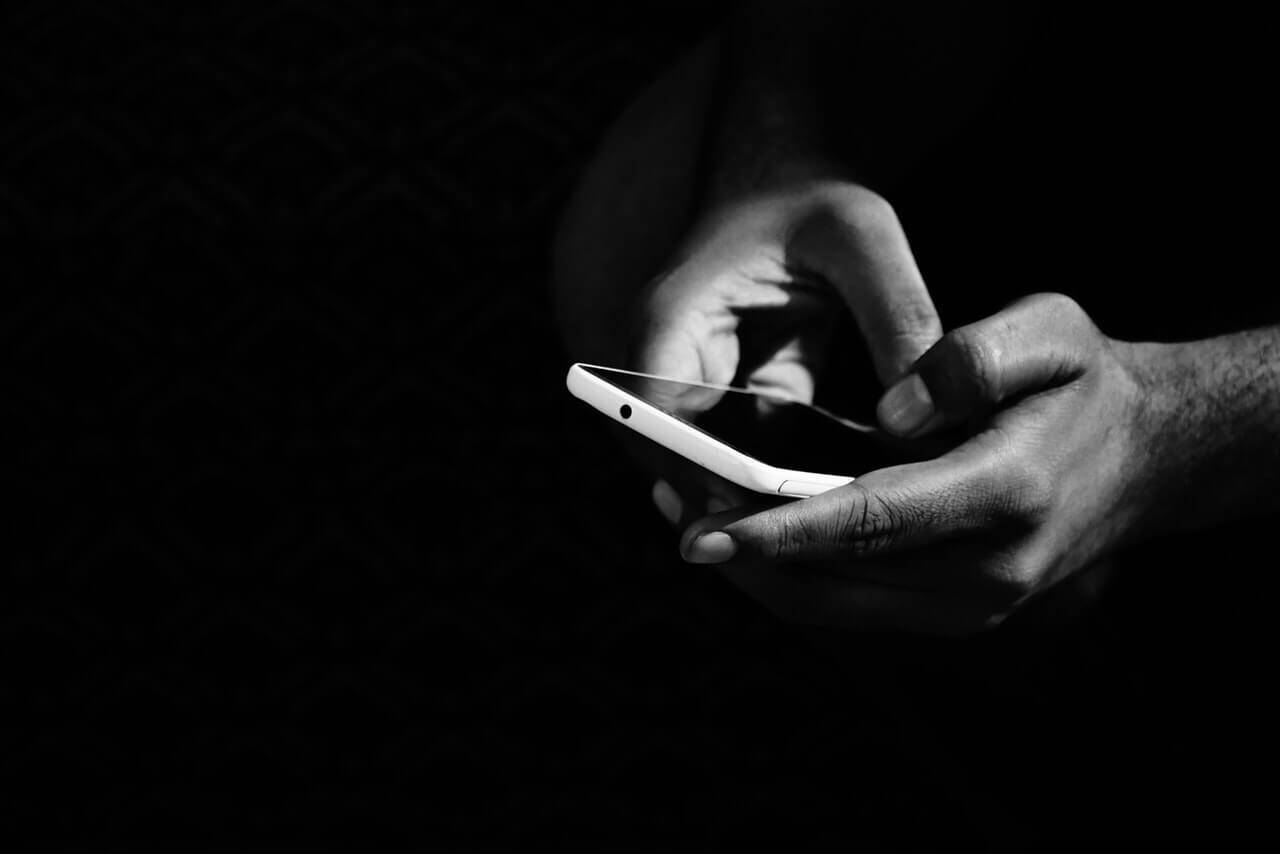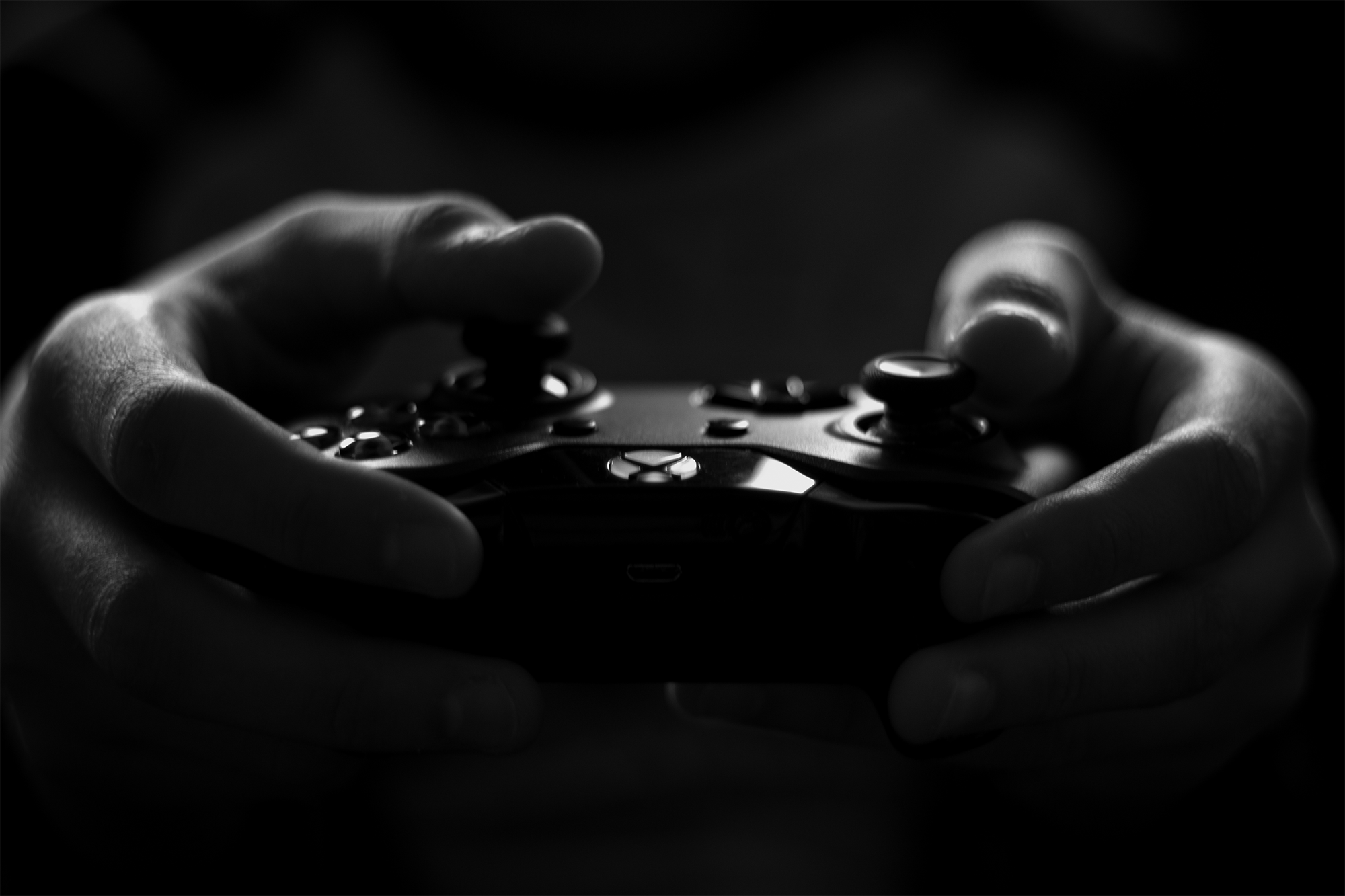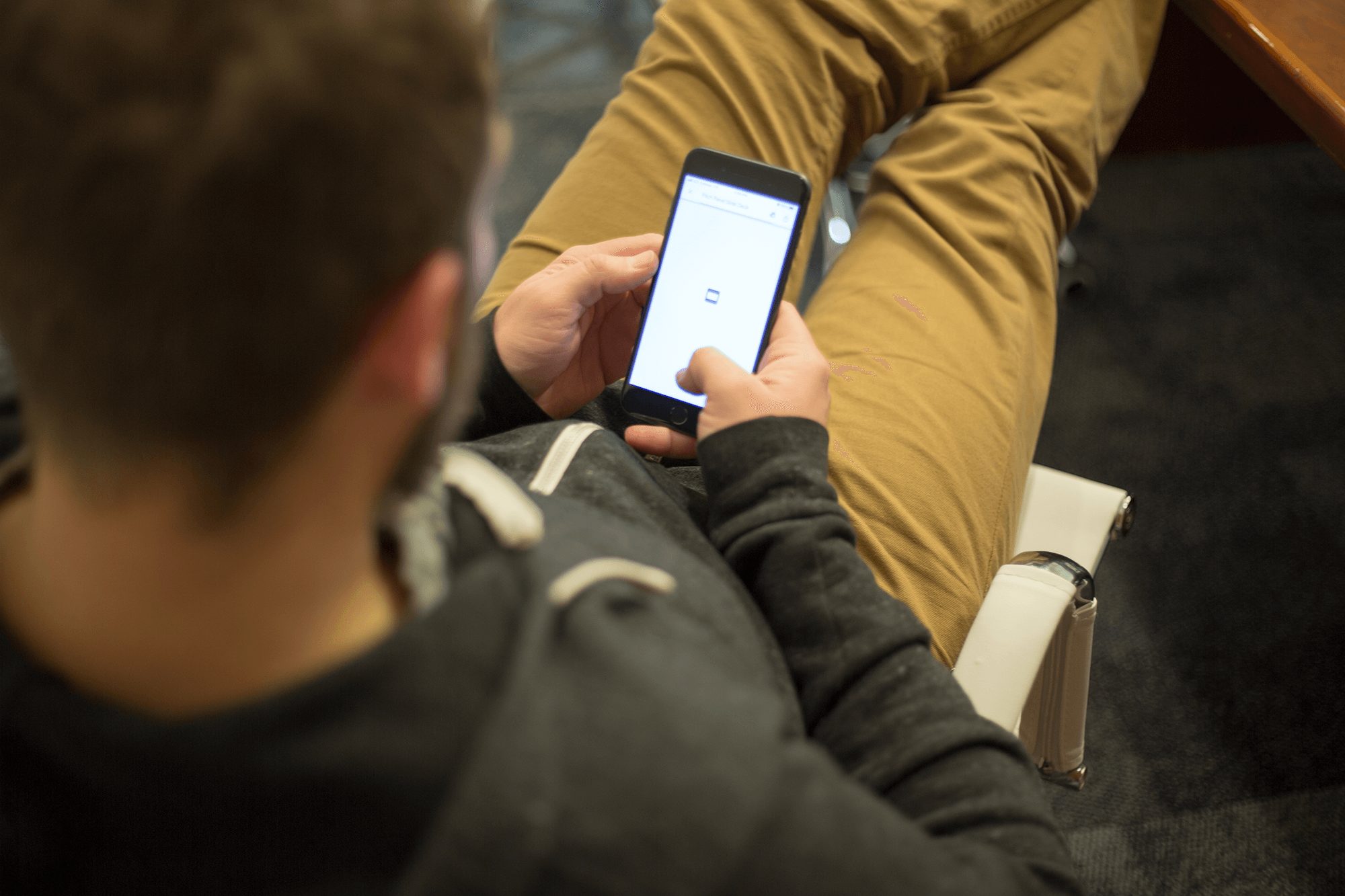Everyone agrees that it’s the era of smart devices – iPhones, Androids, and other brands of smartphones have enabled people to easily access the Internet on-the-go and do so many more things without barriers. In the USA, 90% of adults own a cell phone, and while this may not sound like a problem in itself, it’s a fact that some individuals have developed an obsessive addiction to their mobile devices. As cell phones are constantly expanding in their functionalities, the domino effect of this is that increases the likelihood of overuse and addiction as smartphone addiction statistics have shown.
Just as a smartphone, tablet, or computer can be a handy tool to enhance productivity, obsessive use of these smart gadgets can interfere with work, academics, and even social relationships. If you find yourself staying too long on social media, playing games or compulsively tapping on the screens of these devices every day than you do interacting with real people around you, or you just can’t hold yourself from repeatedly checking texts, emails, or switching between apps – even when this has negative consequences in your life, you may really need to reassess how you use these devices.
What is Smartphone Addiction?
Smartphone addiction, also called “nomophobia” (fear of being without a mobile phone – from “no mobile phone phobia”), is a disorder which involves compulsive overuse of mobile devices, which is usually measured as the number of times users access their devices and/or the total amount of time they spend online over a specified time. Also called problematic smartphone use, smartphone overuse, mobile phone overuse, or cell phone dependency, smartphone addiction has also been defined as a form of psychological or behavioral overdependence on cell phones. Hence, smartphone addiction is often closely linked to other categories of digital media overuse such as social media addiction or internet addiction disorder. This is because it’s hardly the smartphone or tablet itself that fuels the compulsion, but rather the games, apps, and the online community the users have access to on these devices.
Even while other technologies like social media and gaming are also liable to overuse, they are most often accessed through mobile devices. Hence, smartphones tend to easily get overused because they are portable, sleek and mobile. Furthermore, smartphone addiction is largely influenced by the availability of cheap data plans and almost-ubiquitous Wi-Fi enabling connectivity from almost anywhere.
Although smartphone addiction has not yet been formally classified in the Diagnostic and Statistical Manual of Mental Disorders as a psychological disorder, experts have identified problematic patterns that characterize the behavior. One of the most prominent characteristics of nomophobia is the fear of losing access to one’s phone or lacking internet connectivity. Other signs of smartphone addiction include rarely turning the phone off and sleeping with the device nearby, and having the sound notifications turned on. However, behavioral patterns associated with smartphone addiction has been found to differ between genders. Researchers say that older folks are less likely to develop addictive mobile phone behavior because of different social usage, stress, and greater self-regulation.
Signs and Symptoms of Smartphone Addiction
So far, there is no specific amount of time spent on your phone, or the frequency with which you check for updates, or even the number of messages you send or receive per time that actually indicates an addiction or overuse problem. However, the use of smartphone becomes worrisome when people spend more time connected to their phones so much that it causes them to neglect real-life relationships, work, school, or other important aspects of life. Other telltale signs of smartphone or Internet addiction include:
- Difficulty completing tasks at work, school or doing chores at home: If you find yourself skipping meals, your laundry piling up and so many other chores undone because you’ve been preoccupied chatting online, texting, or playing video games, or perhaps you have to spend extra hours working late more often than necessary because you can’t complete your tasks at work on time.
- Isolation from family and friends: If you find your social life suffering because you spend so much time on your smartphone or other device or if you find yourself losing track of the conversation in a meeting or while hanging out with friends because you’re distracted as you continuously check your phone, or if your family and friends have expressed concern about the amount of time you spend on your phone.
- FOMO – Fear of missing out: If you find yourself hating to be disconnected or offline because you think you’re missing out on important news or information, or if you find yourself waking up at night to check your phone or log into your social media apps.
- Feeling of unease, anxiety or irritability when you leave your smartphone at home, the battery runs down or the smartphone’s OS crashes. Do you feel “phantom vibrations” – that is, you feel your phone has vibrated but when it really hasn’t?
- Conscious use in potentially dangerous situations such as texting while driving, or mindlessly texting while walking.
Effects of Smartphone or Internet Addiction
There is a good side and a bad side to everything. While smartphones and technology allow us keep in touch with loved ones and friends and achieve so much more, smartphone addiction can also negatively impact your life. Some of the adverse effects of smartphone media addiction are discussed below.
Increasing loneliness and depression
While it may seem that spending valuable time online will temporarily remove feelings such as loneliness, depression and boredom, it can actually exacerbate these feelings. Several studies have found a link between compulsive social media use and depression and anxiety. Because smartphone users, especially teens and young adults, tend to compare themselves with their social media peers, this can trigger feelings of loneliness and depression. Adolescents who are staunch smartphone users spend so much time on these devices that they often neglect actual human interaction which is vital to mental health. Furthermore, the relationship between symptoms of depression and smartphone addiction is quite sensitive as such symptoms may eventually lead to substance abuse, failure in school, and even suicide.
Increasing anxiety and stress
A study discovered that having a smartphone in a workplace often tends to make people more anxious and perform poorly on assigned tasks. It has been established that individuals’ level of anxiety is often linked with their frequency of smartphone use. Also, using a smartphone for work often means work interferes with your personal life. This means that you feel the pressure that you need to continually check and respond to work emails, and this can contribute to higher stress levels and ultimately lead to burnout.
Worsening attention-deficit disorders
As social media users constantly switch from one task or app to another, they are prone to information overload. The constant stream of messages and information from smartphones can tire out the brain, especially as they are received in an irregular pattern. Naturally, the brain needs time to process the data it accepts into intelligible information, hence multitasking on smartphones can make the brain work overtime. Consequently, this can inundate the brain and make it impossible to stay focused on any single task for a reasonably long time without feeling compelled to move on to something else.
Disturbing sleep
Excessive smartphone use can disrupt sleep patterns, which can negatively impact overall mental health. Furthermore, this can affect memory retention, impair the ability to think clearly, and even reduce cognitive and learning skills.
Curbing Smartphone Addiction
Some recommended self-help tips for curbing smartphone addiction include: restricting the times you can use your smartphone, such as restricting use to certain times of the day. You may switch off your phone at certain times of the day, such as when you’re driving, in a meeting, having dinner, or playing with your kids. Another way is to replace your smartphone use with healthier activities such as meditating, reading a book, or chatting with friends in person.




